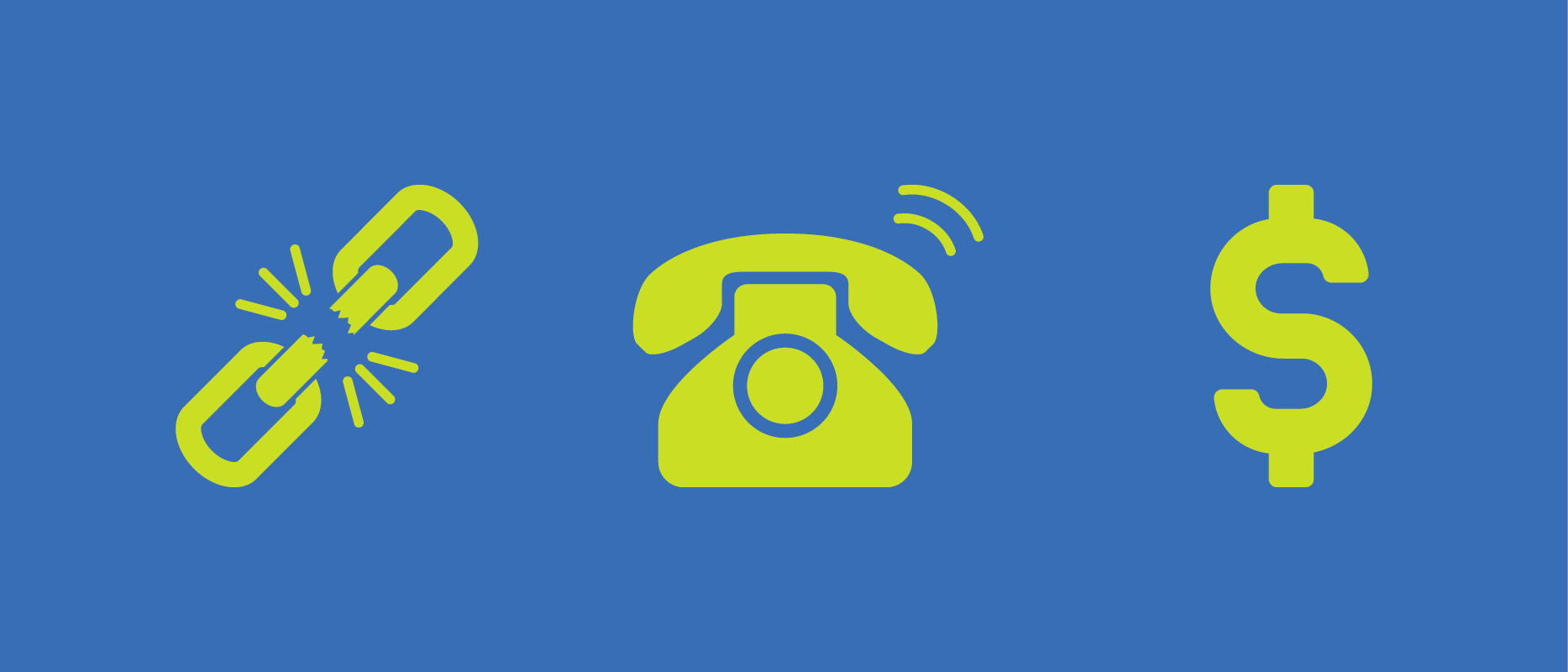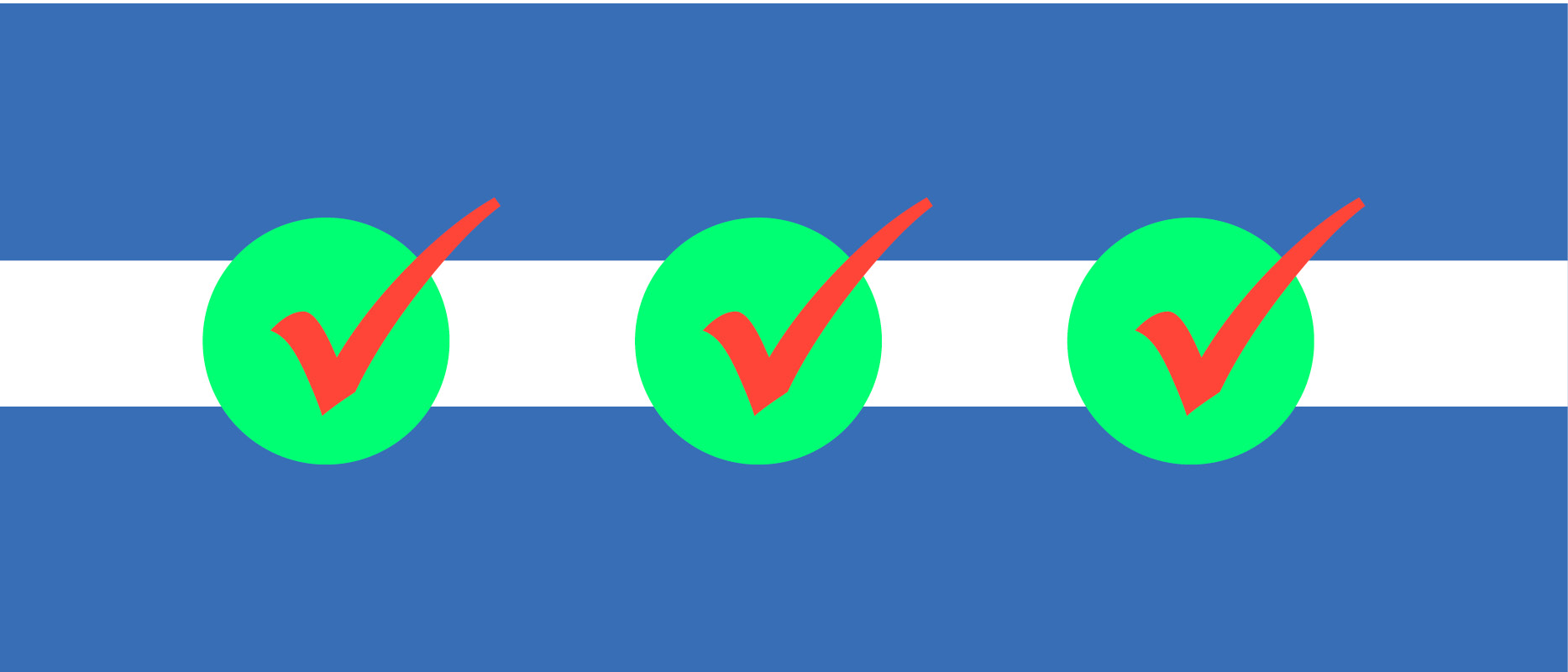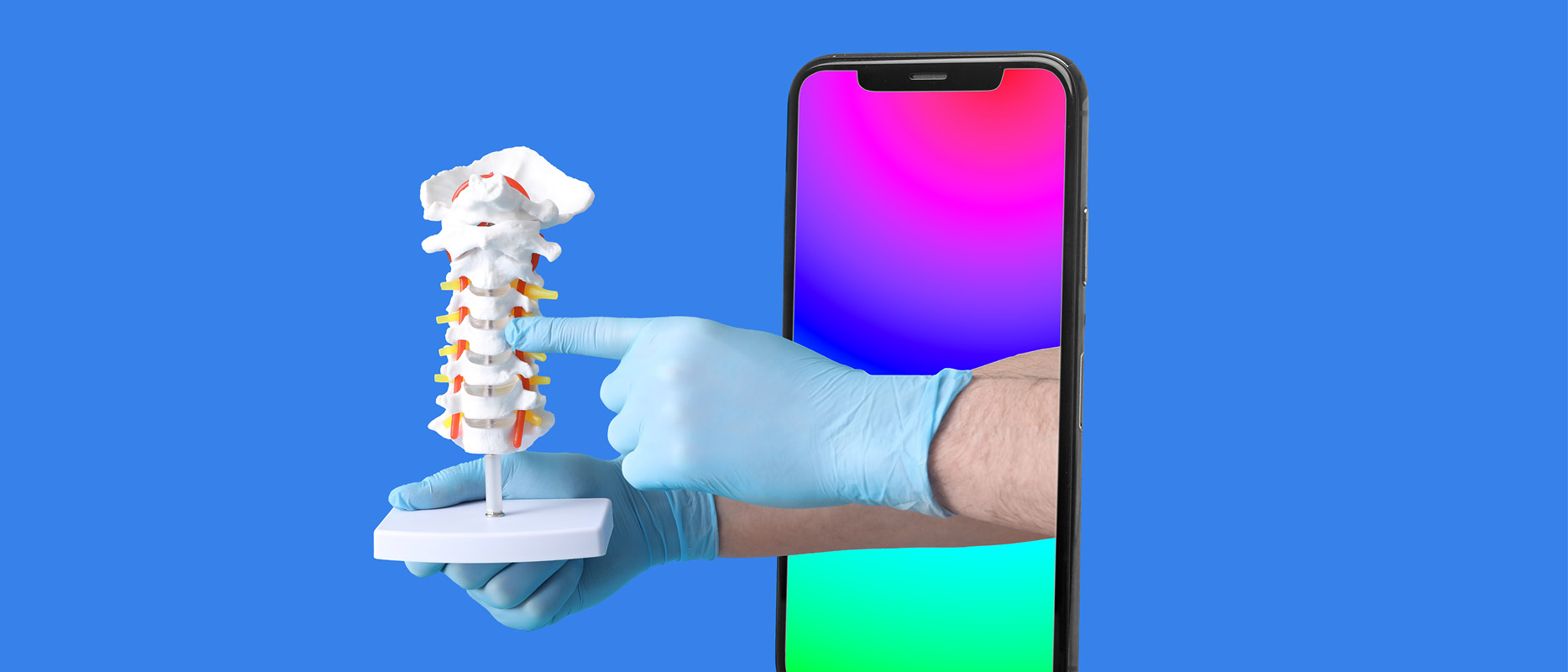Maintaining Regulatory Compliance
Although social media can be an effective marketing tool, it can do more harm than good if healthcare organizations fail to maintain regulatory compliance. Here, we’re certainly not offering legal advice or trying to cover all of the regulatory issues that may be involved. Instead, we’re going to touch on three compliance concerns that are particularly important when it comes to healthcare social media marketing: those related to HIPAA, the Federal Trade Commission (FTC), and the U.S. Food and Drug Administration (FDA).When the Health Insurance Portability and Accountability Act of 1996 (HIPAA) was rolled out, social media wasn’t all the rage that it is today. However, the rules still apply. The U.S. Department of Health and Human Services (HHS) provides a little background on the privacy aspects of HIPAA: “To improve the efficiency and effectiveness of the health care system, the Health Insurance Portability and Accountability Act of 1996 (HIPAA), Public Law 104-191, included Administrative Simplification provisions that required HHS to adopt national standards for electronic health care transactions and code sets, unique health identifiers, and security. At the same time, Congress recognized that advances in electronic technology could erode the privacy of health information. Consequently, Congress incorporated into HIPAA provisions that mandated the adoption of Federal privacy protections for individually identifiable health information
“A major goal of the Privacy Rule is to assure that individuals’ health information is properly protected while allowing the flow of health information needed to provide and promote high quality health care and to protect the public’s health and wellbeing. The Rule strikes a balance that permits important uses of information, while protecting the privacy of people who seek care and healing. Given that the health care marketplace is diverse, the Rule is designed to be flexible and comprehensive to cover the variety of
uses and disclosures that need to be addressed” (For more, please see the summary and the Privacy Rule section to view it in its entirety). On its HIPAA and marketing page, HHS notes that “The HIPAA Privacy Rule gives individuals important controls over whether and how their protected health information is used and disclosed for marketing purposes. With limited exceptions, the Rule requires an individual’s written authorization before a use or disclosure of his or her protected health information can be made for marketing. So as not to interfere with core health care functions, the Rule distinguishes marketing communications from those communications about goods and services that are essential for quality health care.”
Like what you see? Want to learn more? Download the whitepaper:








 Ad Choices
Ad Choices